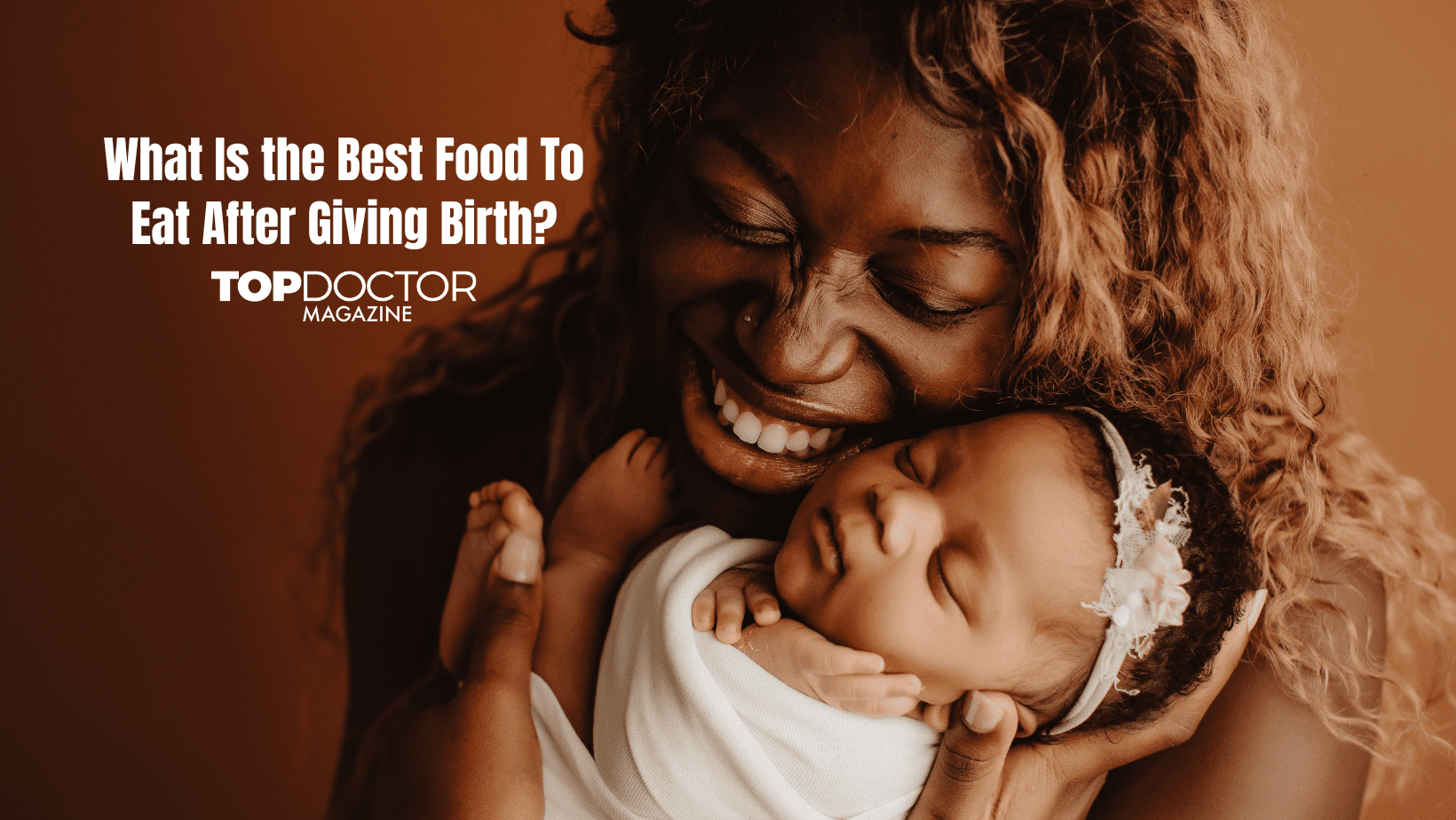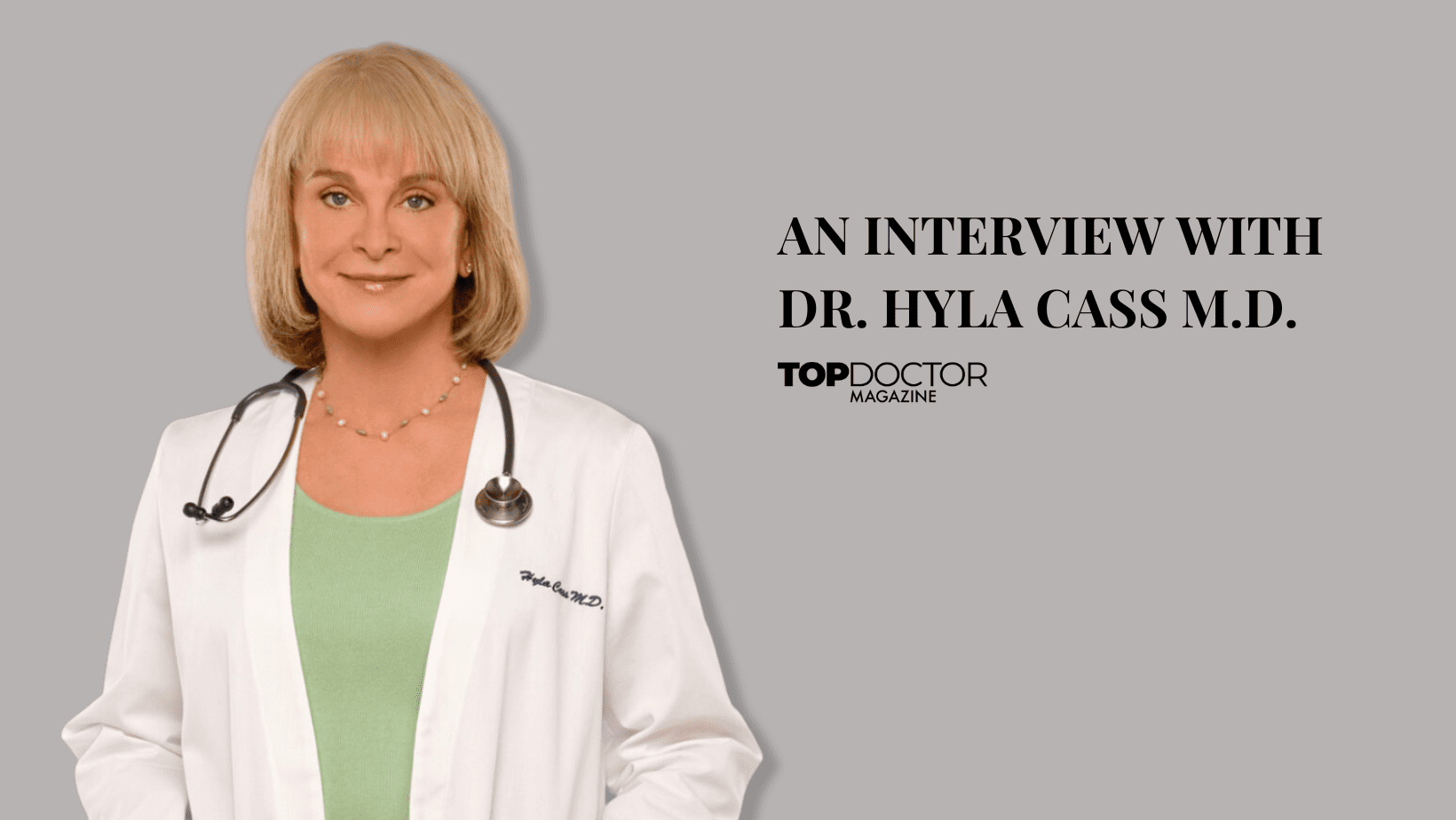The miracle of life — the expectation, the long wait and, of course, the delivery itself — is physically exhausting for women. So, it’s no wonder why they need a bit (or more) of recovery time before taking on the new role as mothers. But is rest the only variable in the recovery equation?
You may have heard that some foods will speed up postpartum recovery. However, you may also have been told the opposite — that other foods can be harmful to you and your baby. Eating after delivery should be the straightforward part of the recovery process, but the vast amount of information surrounding the subject can be challenging to sort through. So are there things that new moms should and should not be eating after giving birth?
The Importance of Eating Well After Giving Birth
It is vitally important for mothers to obtain proper nutrition from food after labor. Pregnancy requires women to eat for themselves and their babies, and labor is an exhausting process that burns a ton of much-needed calories. A healthy postpartum diet should also consider the baby’s needs if the mother chooses to breastfeed since chemicals that women ingest while lactating can be passed on to babies through breast milk. However, diet restrictions are typically looser when eating after delivery than those that apply during pregnancy — a new mother needs all the nutrients she can get after delivery!
What Are the Best Ways To Nourish Your Body After Giving Birth
Since many different nutrients are depleted during pregnancy and labor, it’s crucial to eat various foods to bring the nutritional intake back into balance, such as:
- Foods that are high in fiber can help prevent postpartum constipation;
- Foods that are rich in protein can help mothers recover physically from labor;
- Iron, which can be found in leafy vegetables and meats, is essential for creating new blood cells.
- Foods that contain potassium can help reduce swelling.
A postpartum diet should include more calories than would typically be required in order to make up for those lost during labor. For women who choose to breastfeed, about 300-500 additional daily calories are needed to nourish both the mom and the baby.
Hydration is also imperative, especially for mothers who choose to breastfeed. Mothers who breastfeed need up to 96 ounces of fluids per day, while those who use formula need about 80 ounces.
Eating after delivery can be difficult since pregnancy and breastfeeding deplete women of so many essential nutrients. To mitigate this loss, some doctors recommend that mothers continue to use prenatal vitamins while breastfeeding. Talk to your doctor to find out what supplements are right for you and your baby.
Nutrient-Rich Foods To Eat After Giving Birth
Immediately after giving birth, mothers will need to replenish calories lost during labor and bring in nutrients that can contribute to the recovery process. Some foods that will provide the necessary nutrients include:
- Salmon: rich in DHA and low in mercury, so it’s a perfect food for breastfeeding moms.;
- Whole-wheat bread can provide folic acid, fiber and iron.
- Fresh fruits — notably citrus fruits like oranges —are a good source of vitamin C.
- Eggs and some varieties of seafood make excellent sources of protein, which helps the body recover from childbirth.
What Should I Eat After Giving Birth While Breastfeeding
Breastfeeding mothers need to provide nutrients that can support their babies’ development, such as:
- Choline is vital in the development of babies’ nervous systems. Women should take in about 550 milligrams per day while breastfeeding.
- Iodine is essential for brain development in babies. While breastfeeding, women require about 290 micrograms per day. Iodine can be found in table salt, dairy products and some types of seafood.
- Omega-3 fatty acids are also vital for the proper development of babies’ brains. Salmon, sardines and anchovies are rich in omega-3 fatty acids.
What Not To Eat After Giving Birth
Sugary, processed foods might be tempting after labor, but they should be avoided — they may provide temporary satisfaction but do not promote the long-term health of mothers or babies. Instead, mothers should focus on eating a variety of healthy foods, meeting their caloric needs and staying hydrated.
Some specific foods can pass harmful chemicals on to infants when consumed by breastfeeding mothers, so they are best avoided.
- Mothers who choose to breastfeed must not consume any amount of alcohol.
- Mercury can harm babies, so mothers who choose to breastfeed should avoid the consumption of fish.
- Caffeine can keep babies awake, so mothers who breastfeed should stay away from coffee.
What You Should Know About Eating the Placenta
The consumption of the placenta by a mother who has just given birth — known as placentophagy — is believed to boost energy levels and enhance the quality of breast milk. Since these claims have not been tested in a scientific setting, the potential health benefits of placentophagy are purely speculative. However, it is known that the bacteria found in the placenta can be harmful when ingested and passed on to the baby via breast milk. Since placentophagy is unnecessary and its potential benefits have not been proven, it is likely best for mothers to forego the practice altogether. Instead, doctors typically recommend a healthy diet and light exercise to boost postpartum health.
How To Manage Your Weight Postpartum
After giving birth, women may seek to lose some of the weight gained during pregnancy. However, mothers who lose weight too rapidly may produce less breast milk. Additionally, the chemicals found in diet pills can be harmful to infants. Therefore, gradual weight loss is recommended.
A healthy diet can be paired with exercise to promote weight loss after birth. For example, a new mother can incorporate walking and other low-impact exercises into a postpartum weight-loss regimen under her doctor’s supervision.
A Parting Reminder
Postpartum health can be stressful to navigate, particularly regarding nutrition. Even after babies are born, their mothers’ nutritional choices can still impact their development. However, new mothers don’t need to fear— they can aid the process of recovery and contribute to their babies’ development by making healthy choices and excluding a few dangerous foods from their diets. If you’re a new mother, start planning a healthy diet right away!






0 Comments